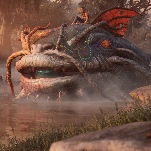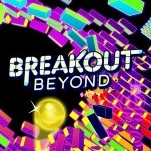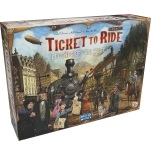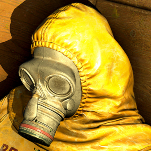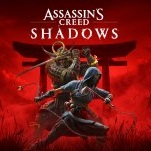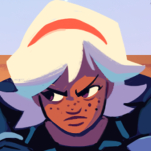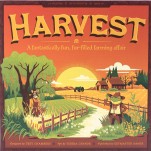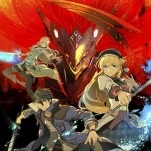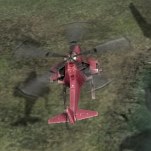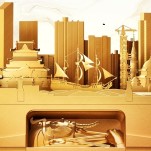Thought-Provoking Season Stays with You Long After the Console Is Off
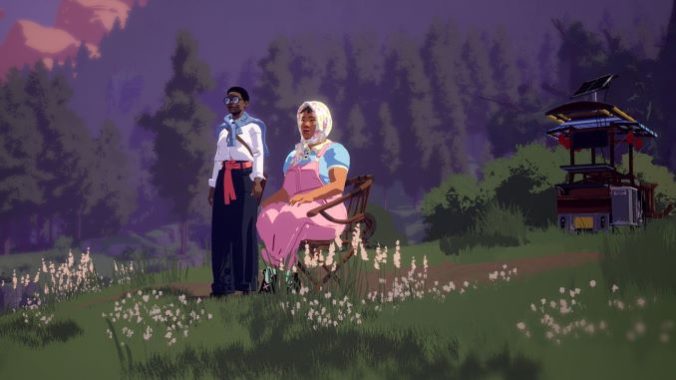
Taking your phone out to snap a photo feels almost like a reflex these days; there’s not much thought behind the action other than “that seems cool/horrible/memorable,” the kind of thing we can share on social media within seconds for reactions from our peers that happen just as quickly. There’s not the same intentionality as when you have a certain amount of film in a camera and you have to consider each shot, or you have to break out the bulky camcorder to capture a moment. I’m not necessarily advocating for us to ditch all our smartphones—being able to record the world instantaneously can be vital in many situations—but rather for us to consider the weight of these moments, rather than just quickly document them out of habit. Besides, when you consider the digital dark age and the disappearance of numerous titles from streaming services, physical media becomes all the more important.
The videogame Season: A Letter to the Future perfectly encapsulates why we need to meaningfully record the world around us. You play as Estelle, who leaves her mountain village for the first time due to her friend’s prophetic dream. Your mission is to capture the world as this season ends and the next begins by taking photographs, sketching scenery, taping sounds, and interacting with people you meet along the way. All of your cataloging has a purpose: to ensure that people remember what your time was like before things change irrevocably.
This game isn’t one for action, but rather quiet contemplation. As you pick up mementos and take pictures, you place them in your journal, eventually filling up the page enough that you unlock an “inspiration”—an observation from Estelle about whatever it is you’ve documented. Most of these remarks are genuinely thought-provoking and moving, though some can slip into fortune cookie territory. They’re really sold, though, by the soothing, compelling delivery of the voice actor behind Estelle, Maureen Adelson (in the English language version).
Visually, Season is beautiful, and it’s tempting to just stop for a moment to take in a seaside view, the impressive mountain ranges, or the strings of twinkling lights hanging in a forest. The animation finds the right balance between rendering landscapes convincingly but still cartoonishly, escaping the sometimes off-putting graphics resulting from aspirational realism. The best comparison that comes to mind is Studio Ghibli, especially regarding character design. While Estelle and some other individuals appear naturalistic, others are colorful, exaggerated, and whimsical. The result is that this world, already established as being quite different from ours, feels even more fanciful and distinct.
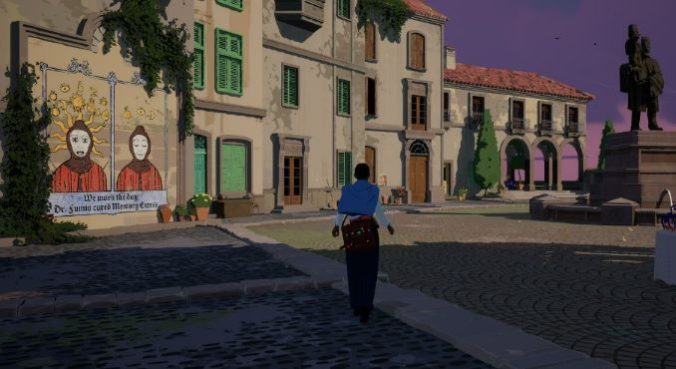
-

-

-

-

-

-

-

-

-

-

-

-

-

-

-

-

-

-

-

-

-

-

-

-

-

-

-

-

-

-

-

-

-

-

-

-

-

-

-

-






























